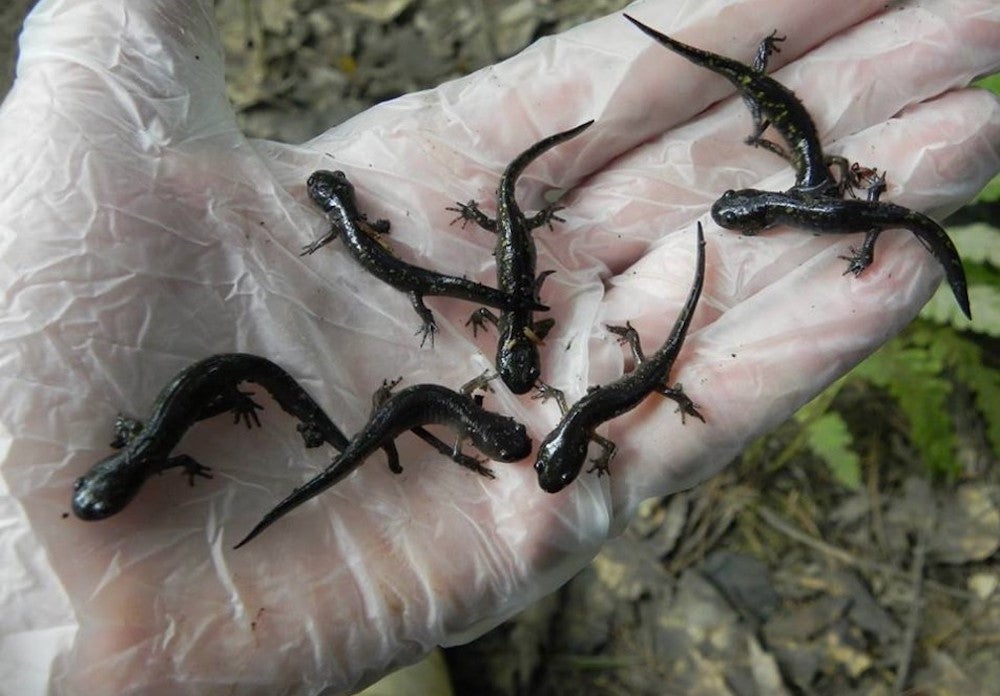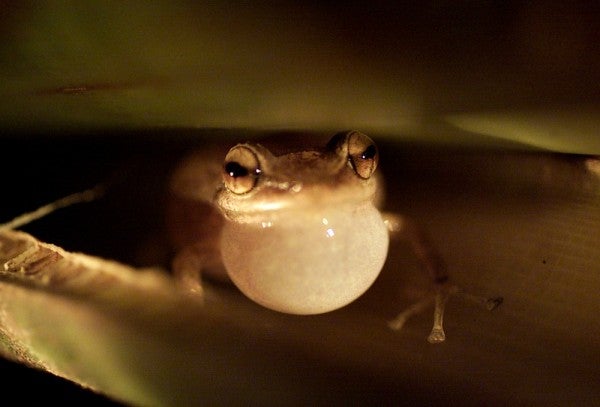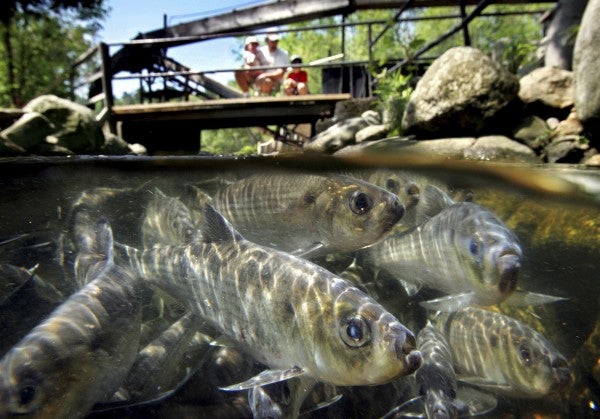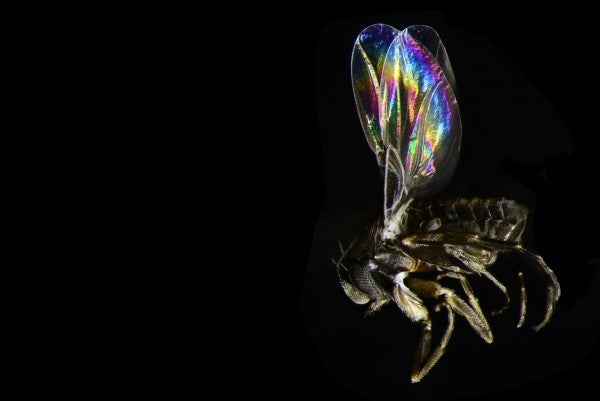What Self-Cloning Salamanders Say About Climate Change
An Evolutionary Outlier Could Inherit the Earth (or at Least Rural Maine)
Birds do it, bees do it, and so the song goes, even educated fleas do it. But unisexual salamanders don’t.
These all-female amphibians clone themselves to make eggs—all girls—and they’ve survived this way for five million years. A real-life lineage of Amazonian amphibians, they achieve the seemingly impossible, generation after generation. Whatever your deepest beliefs about what is natural, normal, or even conceivable with sex and reproduction, these seven-inch salamanders blow them out of the water.
What’s more, grasping exactly what they’re up to could help us understand how climate …














